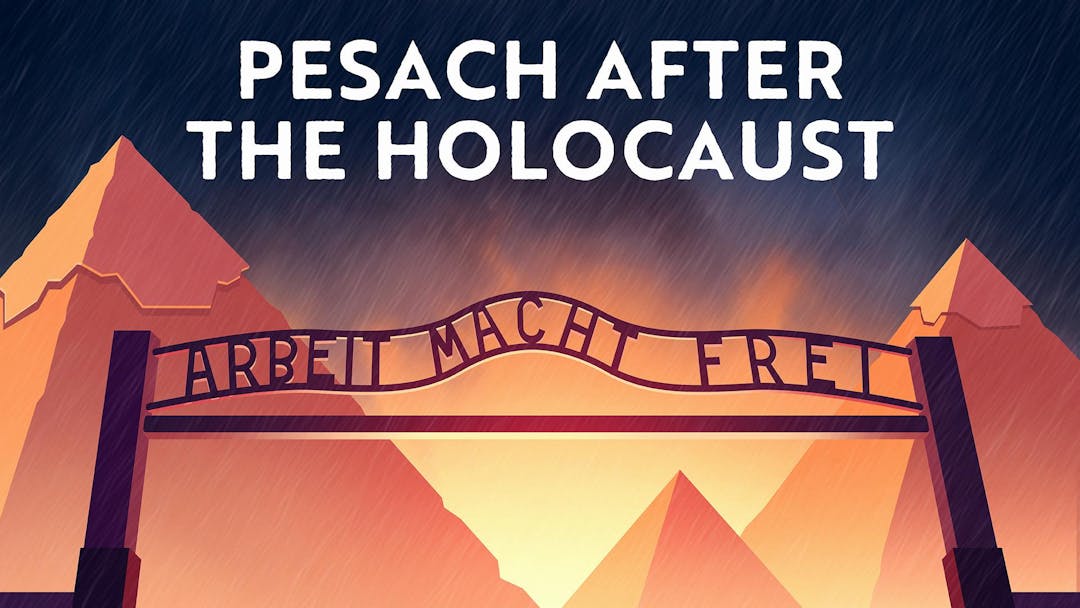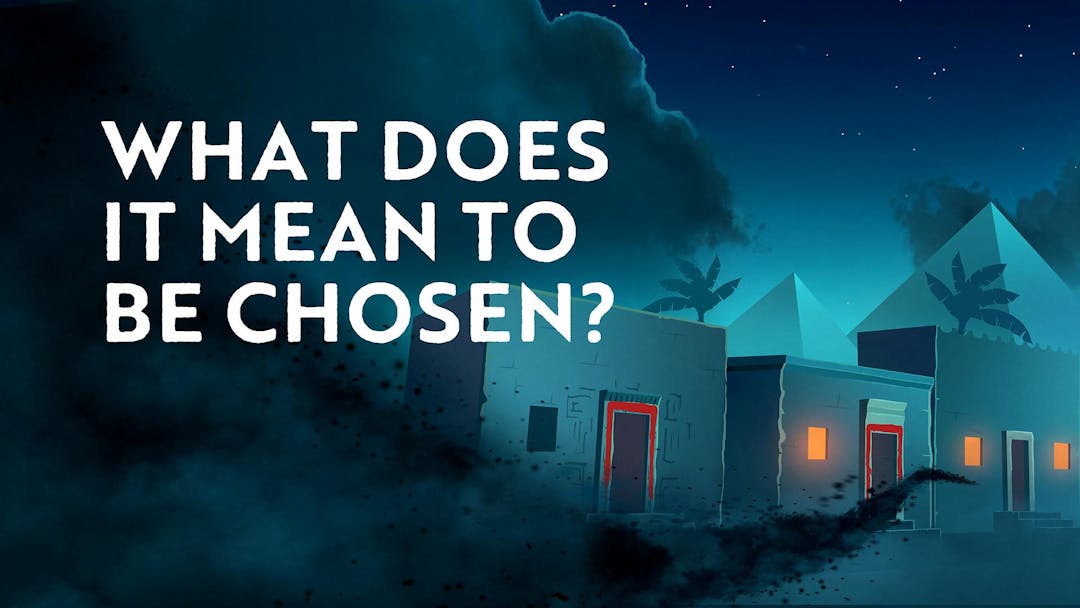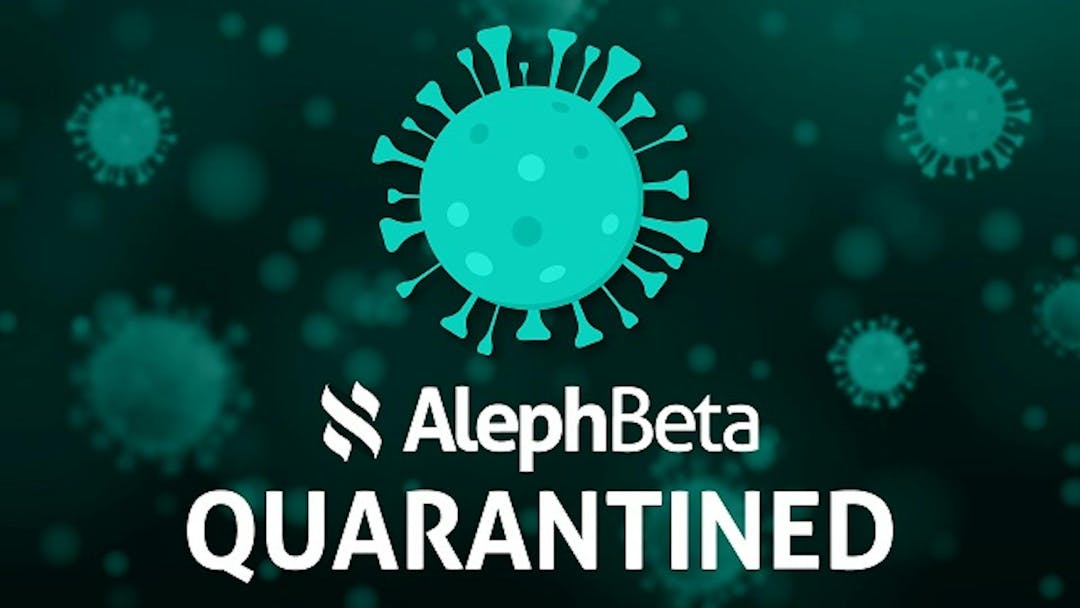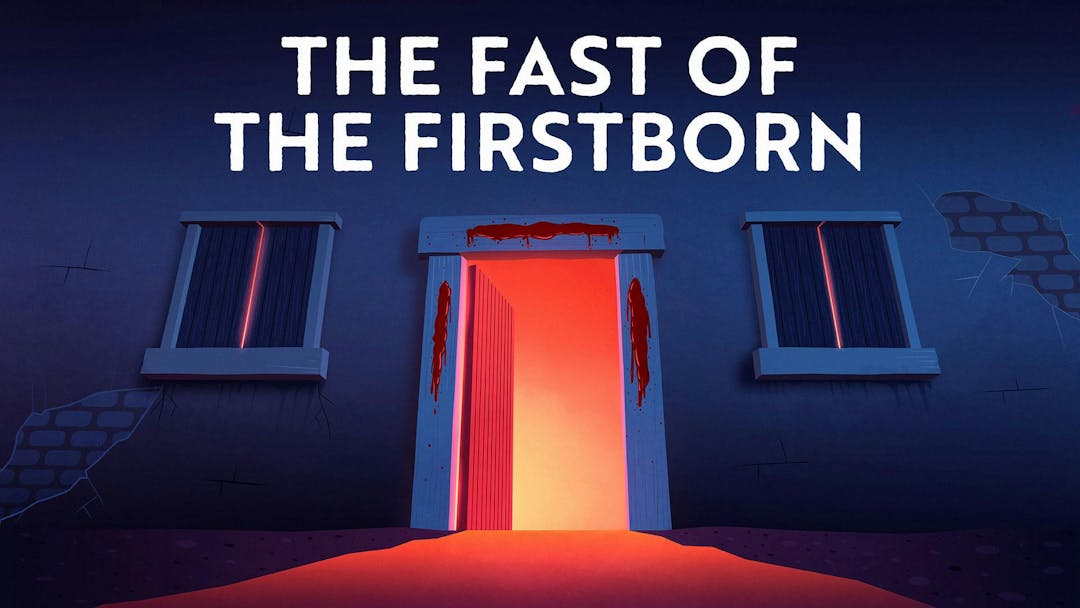Start your free trial today to unlock the full library and enjoy unlimited and uninterrupted access.
Get StartedThe Exodus From Egypt In The Bible
From Pesach to Shavuot: Did God Free Us Just to Make Us Serve Him?
We don't generally connect the origins of the 10 Commandments to Passover. Instead, we usually celebrate the great miracles that God performed for the Israelites, namely, taking them out of Egypt. But isn’t it strange that right after the Israelites were freed, God enforced the laws of the Ten Commandments without warning?
Sure, God took them out of slavery, but wouldn’t it have been nice to at least mention the laws before the Israelites left Egypt? What is the hidden connection between Pesach and the Ten Commandments?
Rabbi Fohrman argues it's an important theme throughout the Exodus from Egypt that highlights our unique relationship with God. Join Rabbi Fohrman as he explores the roots of the Ten Commandments in the Burning Bush story – the original commandments story – and never read the Exodus from Egypt the same way again.
Discover other great videos at Aleph Beta, including ‘What Is Hallel?’, ‘How To Read The Haggadah’, and ‘The Fast of The Firstborn’.
Want to watch the full video for free?
Enter your email and we’ll send you a link to watch the full series free.
What is Aleph Beta?
Aleph Beta is a unique kind of Torah library. Led by our founder, Rabbi David Fohrman, we are dedicated to high-level, textual Torah learning for adults that is intellectually and spiritually sophisticated, that enlivens your Jewish practice and helps you forge a deeper connection to God. Whether you’ve been learning in yeshiva for years or you’re just beginning your Torah journey, you’re sure to find something meaningful and surprising waiting for you here.
Browse our library of over 1,000 beautifully produced animated videos, podcasts, deep dive courses, and printable guides. Topics include the weekly parsha, Jewish holidays & fast days, laws & mitzvot, prayers, relationships, big philosophical ideas and more. Have something to say at the Shabbos table that will amaze your family and guests and bring deep meaning into their lives.













